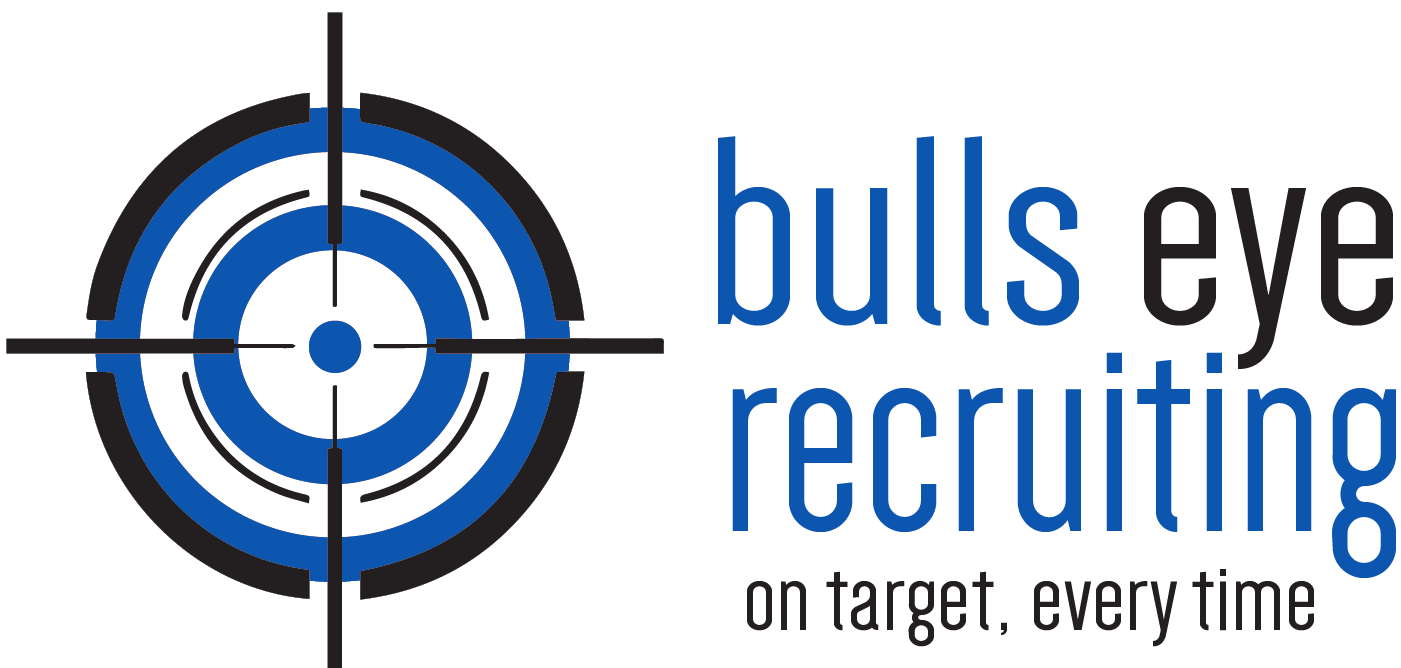For seven years I enjoyed the comfortable, predictable and somewhat steady life of an in-house recruiter, which, let’s face it, had its advantages. Candidates came to me, positions just landed in my lap, and I actually got to interact with the hiring manager and internal stakeholders to inform and influence decisions. Don’t forget I had a steady salary, benefits and great perks like “taco Tuesdays” that came along with being a part of the corporate world.
It’s a good job, and while recruiting in-house can be challenging, there are worse things to have to try to sell than jobs (if you’ve ever tried to develop business as an agency recruiter, you know exactly what I’m talking about).
Partnering with an agency is seen by most corporate recruiters as waiving the white flag. Corporate recruiters see agency recruiters as evil, and even when they feel like they absolutely can’t do it alone, most in-house talent organizations still tend to view contingency counterparts with disdain and distrust. When I was a corporate recruiter, choosing a contingency recruiting firm admitted defeat.
While, to the rest of the world, we’re all recruiters, but to those of us on the talent front lines, both sides cling to an ‘us vs. them’ mentality, a seemingly impenetrable wall between two very different (yet strangely similar) worlds of work. Which is why I never thought I’d see the day when I decided to switch teams and go back to the proverbial dark side of agency recruiting, trading in a pretty cushy job for a life of cold calling and commissions.
Thing is, almost two years in agency recruiting, I’m confident that I will never go back to a corporate recruiting job. Ever. I get to work for the world’s best boss: me. Added bonus: no more having to dress up and drive into an office to sit behind a closed door sourcing and screening all day.
Most people wonder why the hell I did it, and frankly, some days I do a little bit, too. Let’s just say I have a lengthy list of rationales and reasons that I made the move. I’d like to tell you a story I think every recruiter needs to hear – and hopefully illustrate why I did what I did – and why it’s not as crazy as it might sound on the surface.
Corporate Recruiting Can Suck Sometimes.
As I stated before, there are plenty of perks associated with working directly for an organization; besides knowing exactly what you’re going to make every month and having the piece of mind that you’ll be able to provide a decent lifestyle for your family, not to mention having benefits taken care of and taxes withheld by your employer.
You also have colleagues who inevitably become friends, and a brand that you’re not only representing, but that affiliation somehow seems to form some small part of your professional identity. I’ve been lucky enough to work for some of the world’s best organizations, and having a big name backing you makes your job a whole hell of a lot easier.
Even with all those factors working in favor of working in-house, I also found that there were a whole hell of a lot of downsides, too. First off, it didn’t matter if I was working on one open job or 40, I made the exact same amount of money, no matter what. Some weeks I could get away with clocking in for my 40 hours; others, though, it seemed like I slept in the office I was so busy, and there still weren’t enough hours in the day to get everything done.
Since every company I recruited for was publicly held, my professional existence was determined by quarterly financials more than my individual performance. That my job depended completely on my employer’s quarterly performance, with a loss potentially portending my losing my job, consistently kept me and most of my colleagues on edge. But that’s one of the professional hazards in this business – you can be the world’s best recruiter, but no company needs you if they’re not hiring or have headcounts frozen.
It’s nerve racking, really, like living on a recurring three month contract in perpetuity with no guarantee of renewal, even for the most exceptional performers. People might be employers’ biggest asset, but the people responsible for finding those people are too often treated like a dispensable liability instead.
It’s also tilting at windmills to try to keep every one of your many hiring managers happy; if you’re a recruiter who thinks that every hiring manager you’ve ever worked with loved you, think again – you’re either delusional or haven’t been doing this for long, but I’m going to call bullshit.
Most of the time, this comes down to nothing more than a lack of chemistry or collaboration between both parties and has little to do with performance – certain hiring managers just work better with certain recruiters.
Contingency Planning
There’s little you can do to fix this other than learn to live with it and do your job. While recruiters generally want other people to like and respect them, the truth is that sometimes, you’re going to run into someone who hates you no matter what you do, and that’s OK. If you don’t have thick skin, you’re in the wrong business. If you are getting in this business because you “like people”, run like hell because this is the wrong industry!
While working in-house, sometimes, escalations are inevitable – the bigger the company and the bigger your workload, the more difficult meeting even the most basic expectations can be. It’s hard to get ahead when you’re treading water trying not to drown in the deluge of paperwork, processes and procedures that so often preempt a busy recruiter’s ability to do anything but the bare minimum.
I know corporate recruiters want to be all things to all people – I certainly did, but realized that being everything to everybody gets you nowhere. It’s impossible.
Expectations are often unrealistic. Hey, how hard is recruiting, really? It leaves us constantly overworked, overwhelmed and underappreciated. Every hiring manager and every candidate thinks that they’re the top priority, but the truth is, everything in recruiting is urgent, and it’s easy to lose focus when everyone demands your attention. This no-win recruiting reality pretty much sucks when it’s your reality. Really.
Man, that feels good to finally get off my chest.
4 Reasons to Choose Agency Recruiting Over Corporate
Ever since I’ve set up my own shop, I feel like I’ve given my career a second chance. When I close a candidate for a client, it gives me the kind of energy and enthusiasm for recruiting I hadn’t felt in all of the years as a corporate recruiter. I’ve had thousands of offers accepted since I started out in 1995, but frankly, those felt like a professional responsibility rather than a personal accomplishment.
When I made the change, I felt like being reborn as a recruiter, and at that moment, I knew I had made the right choice. Here are four reasons why I left corporate and decided to go to the “dark side” of contingency recruiting.
1. I can focus on delivering real help to clients who really need it.
It’s infinitely rewarding to work with people who actually WANT and NEED your services. Sure, there are people who think that third party recruiters are a pain in the ass (hell, I was one of them not too long ago), but there’s a ton of value in partnering with external recruiters. We serve as intermediaries in the process, partnering with both sides to ensure constant communication and timely feedback, and are able to approach roles without bias to client or candidate, allowing us to focus on finding the best fit for both sides without having to sell or sugarcoat the opportunity.
Sure, there are a few corporate recruiters who do this, but they have so much on their plate quality often takes a back seat to speed, and have so much on their plates that they often don’t have the time to give every candidate the attention they want and deserve. Bad candidate experience is a necessity largely borne from expediency and external expectations, not hubris or malice.
But as a third party recruiter, candidates aren’t commodities – they’re my clients as much as employers, and it’s my job to make sure they’re happy, because they don’t HAVE to work with me. Nor do my hiring managers, who use me because they respect my recruiting efficacy and chose to trust their open opportunities to me.
It’s not like in corporate recruiting, where you’re automatically assigned a recruiter – in this case, you have to actually actively seek one out. This is a much healthier foundation for a working relationship – and successful recruiting outcomes.
2. Gambling Is Fun.


